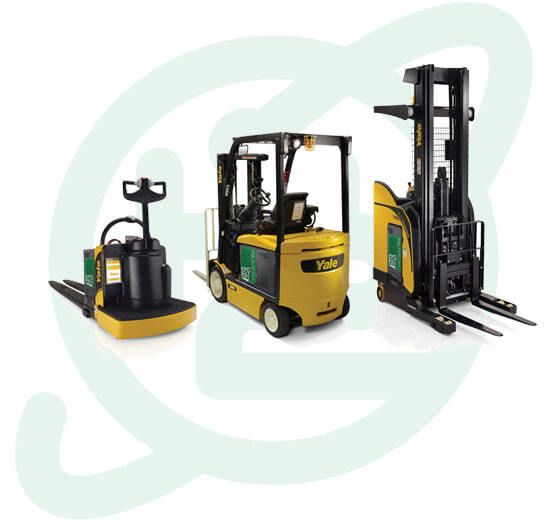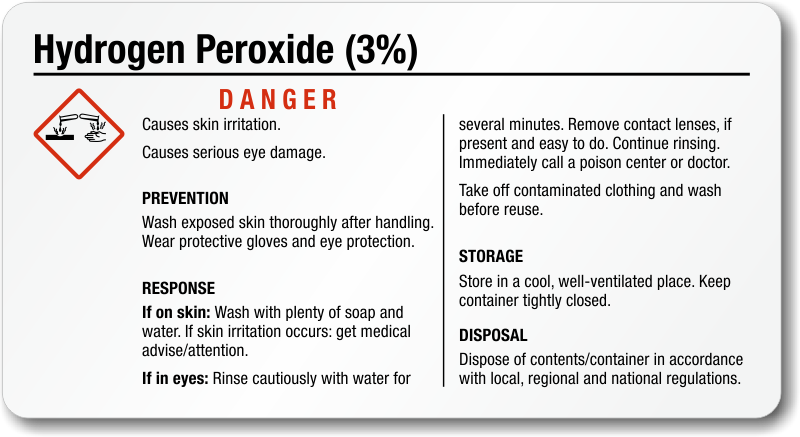July 10 2020
In particular, fuel-cell forklifts using hydrogen made from the reforming of natural gas had lower impacts than those using hydrogen from electrolysis. As a follow-on to the report for the U.S. Department of Energy (DOE) by Battelle, titled.
Hydrogen fuel cells are an affordable, efficient, and sustainable drop-in replacement for battery-powered material handling equipment. Key attributes of fuel cell powered forklifts:. Increase productivity with operation up to 8 hours on a single tank of hydrogen. Hydrogen fuel cells The Raymond Corporation continues its rich history of innovation by developing the application of fuel cells to our battery-powered lift trucks. Based on our research, we have found that there is significant potential to improve warehouse productivity with the integration of fuel cell technology.
Electric forklifts are becoming increasingly popular across the nation. While often quieter and smaller than internal combustion forklifts, electric forklifts struggle to keep up in terms of run-time and productivity.

Enter: hydrogen fuel cell forklifts. Hydrogen fuel cell technology offers a new solution to many of the issues users have with electric forklifts.
If you’ve heard of fuel cell forklifts, but don’t know much about the technology behind them, you’ve come to the right place. Hydrogen-powered forklifts aren’t as complicated as they sound. In fact, their simplicity is what gives them their advantages.
Hydrogen fuel cell forklifts have a lot to offer. Not only are they great for your workplace, but they’re also beneficial for the environment.
Learn more about fuel cell technology and how it applies to the forklift industry. Find out if a hydrogen forklift is the best choice for your business.
What is a Hydrogen Fuel Cell?
Many people miss out on the benefits of hydrogen forklifts just because they don’t understand how they work. In short, hydrogen-powered forklifts use hydrogen and oxygen to produce electricity.
Hydrogen is a chemical element that exists naturally in plants and water. A fuel cell is an electrochemical cell that acts like a battery. This cell produces an electric current via a chemical reaction.
Pressurized hydrogen gas enters the cell on the anode side, splitting into H+ ions and electrons. The electrons flow through the anode and into the external circuit, generating energy. On the cathode side of the cell, oxygen gas enters. It combines with the H+ ions to form a water molecule.
/https%3A%2F%2Fblogs-images.forbes.com%2Fforbestechcouncil%2Ffiles%2F2020%2F01%2Fa-54-3.jpg)
In summary, hydrogen and oxygen travel through a fuel cell to produce electricity and water vapor. The process is relatively simple and doesn’t produce any harmful byproducts.
What Are the Benefits of Using a Hydrogen Forklift?
So, why is this technology important? Better yet, how does it fit into the forklift industry?
By converting potential energy directly into electricity, fuel cells are more efficient. Fuel cell forklifts can produce energy with very little waste, conserving resources. Combustion engines are less efficient because they have to convert potential energy into heat first.
Secondly, the only emissions from a hydrogen fuel cell forklift are water and heat. In contrast, an internal combustion engine forklift produces a range of harmful greenhouse gases. This makes hydrogen fuel cell forklifts safer for operators and the environment. On the same note, hydrogen is produced in an environmentally friendly way. Oil is not.
Hydrogen Forklift Explosion
Lastly, fuel cells have no moving parts. They simply house a chemical reaction that generates electricity. Because of this, hydrogen-powered forklifts are more reliable. They are also less likely to need maintenance than other engine types.
Beyond these benefits, hydrogen-powered forklifts solve many problems that electric forklifts pose. For instance, the biggest downside of using electric forklifts is that they take ages to charge.
Forklift Hydrogen Fuel Cell
Typically, an electric forklift battery takes 8 hours to charge, then another 8 to cool down between uses. Generally, owners need multiple batteries for back-to-back shifts, adding significant costs. Not to mention, replacing a battery takes longer than fueling a combustion engine.
Fuel cell forklifts solve this issue for good. Charging a hydrogen fuel cell forklift takes a matter of minutes, minimizing downtime and increasing productivity. They can even help save money. In fact, according to Plug Power, hydrogen fuel cell forklifts cost 59% less to operate and maintain than battery-powered options.
Should I Invest in a Fuel Cell Forklift?
Hydrogen Forklifts Pros And Cons
The number of hydrogen forklifts in warehouses is quickly increasing. Fuel cell technology is now used to power cars, buses, motorcycles, and even boats.
This new technology is also proving to be a huge asset to the forklift industry. Hydrogen fuel cell forklifts offer many undeniable advantages to battery-powered forklifts. If you’re interested in investing in an electric forklift, consider a fuel cell forklift.

Take advantage of the reliability, durability, and ease of hydrogen fuel cell forklifts. Find equipment you can trust with Forklift Inventory. Browse the largest inventory of forklifts nationwide.
Forklift Inventory is your one-stop-shop for forklift equipment. Compare pricing and information on forklifts from industry-leading manufacturers to find the perfect fit for your business. It’s that simple.
Get Started Today and Find the Best Deal on Forklift Equipment in Your Area.
